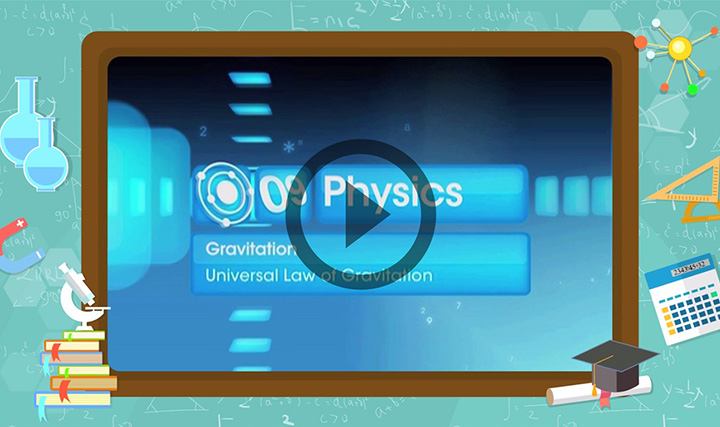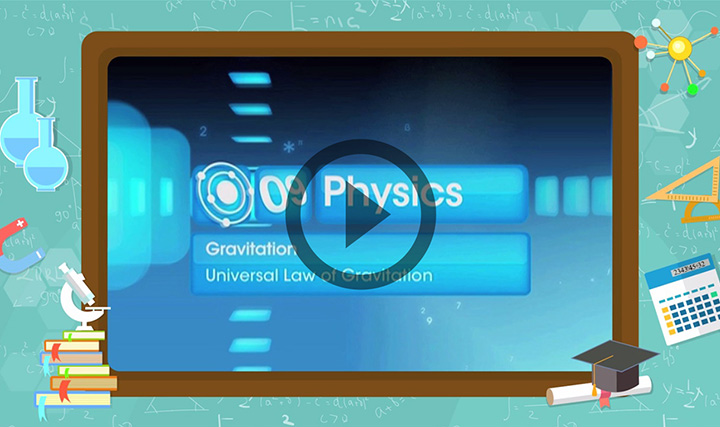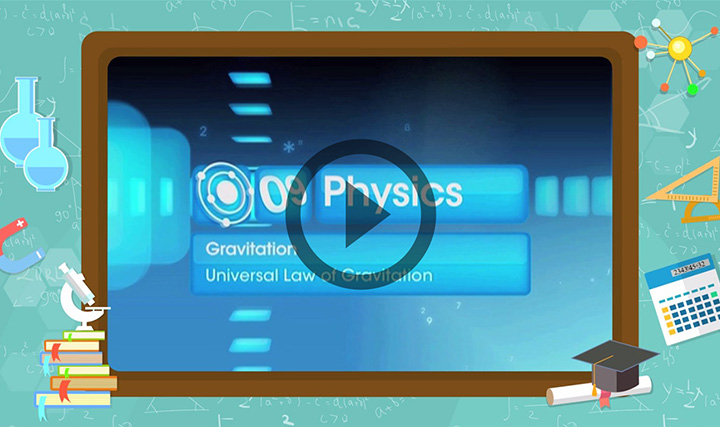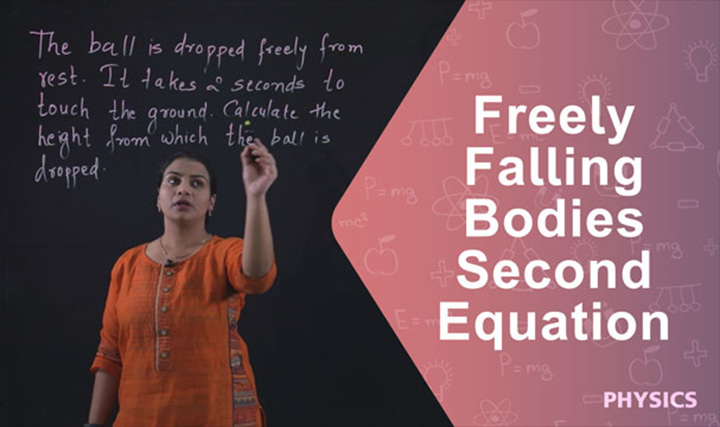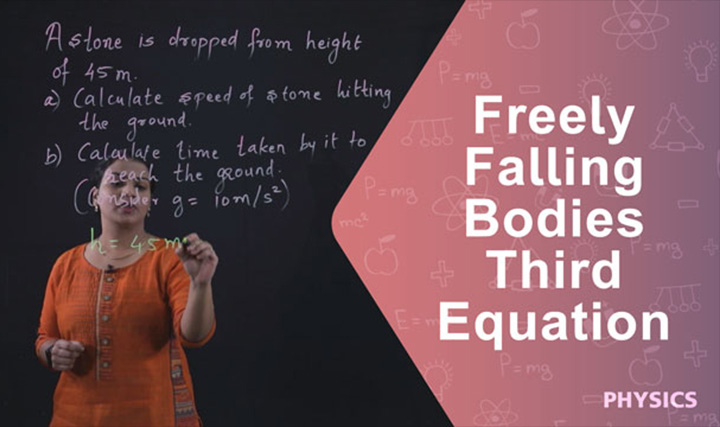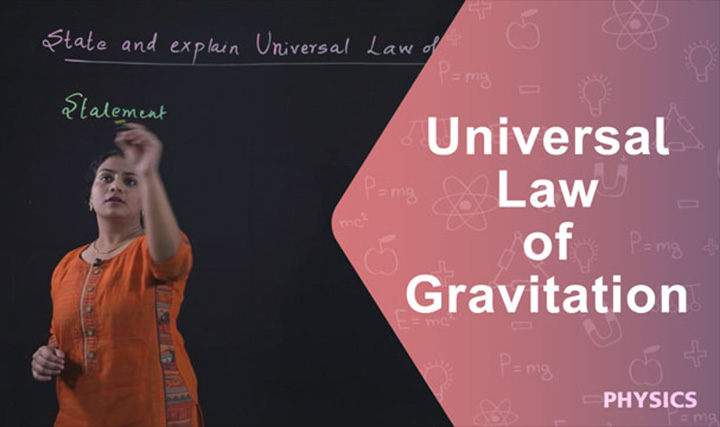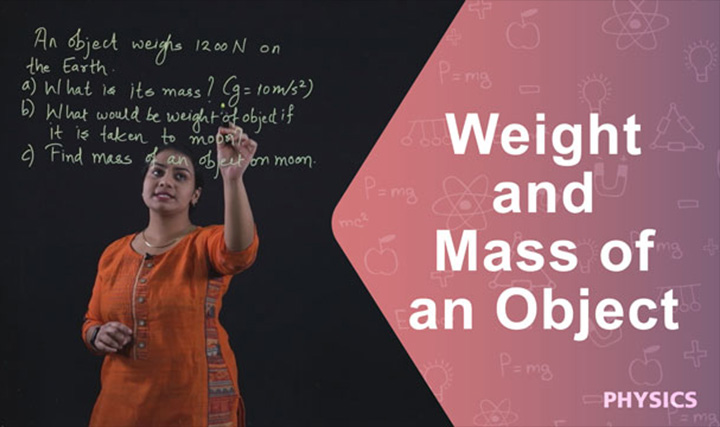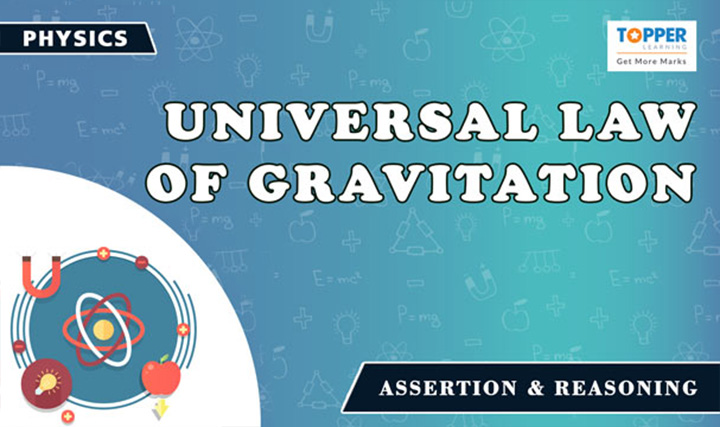CBSE Class 9 Physics Universal Law of Gravitation
- A boy throws a steel ball straight up. Consider the motion of the ball only after it has left the boy's hand but before it touches the ground and assume that forces exerted by the air are negligible. For these conditions, the force(s) acting on the ball is (are): a. A downward force of gravity along with a steadily decreasing upward force b. A steadily decreasing upward force from the moment it leaves the boy's hand until it reaches its highest point on the way down there is a steadily increasing downward force of gravity as the object gets closer to the earth c. Constant downward force of gravity along with an upward force that steadily decreases until the ball reaches it highest point on the way down there is only a constant downward force of gravity d. Constant downward force of gravity only
- what is the weight of an object at the centre of the earth
- what is Newton's contribution on gravitation?
- two satellites of a planet have period 32 day and 256 days if the radius of orbit of former is R, find the orbital radius of the letter
- weight of the body is zero in free fall why?
- my doubt is the value of G is 60673multiply10-11power but why we use some no in some different numericals like use of 6.6, some times 6.7 why please ans this ques now
- Find the force of gravitational attraction between the earth (m = 6 x 1024 kg) and 80 kg man if he is standing at sea level. The distance of man from earth's center is 6.38 x 106 m.
- a stone is released from the top of the tower of height 19.6 m calculate its final velocity just before touching the ground
- what is gravitation
- how does the force of gravitation between two objects change when the distance between them is reduced to half

